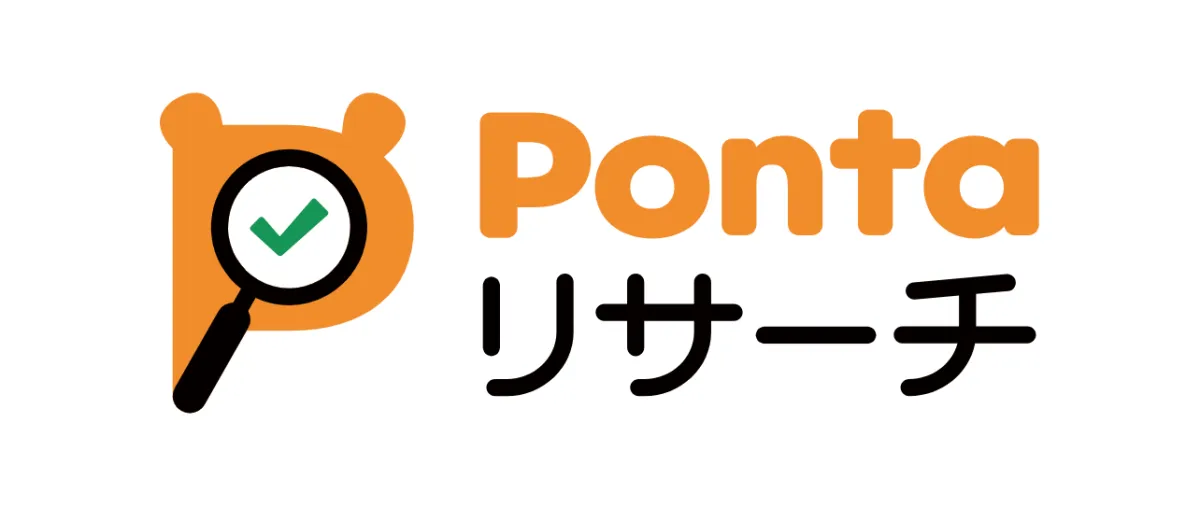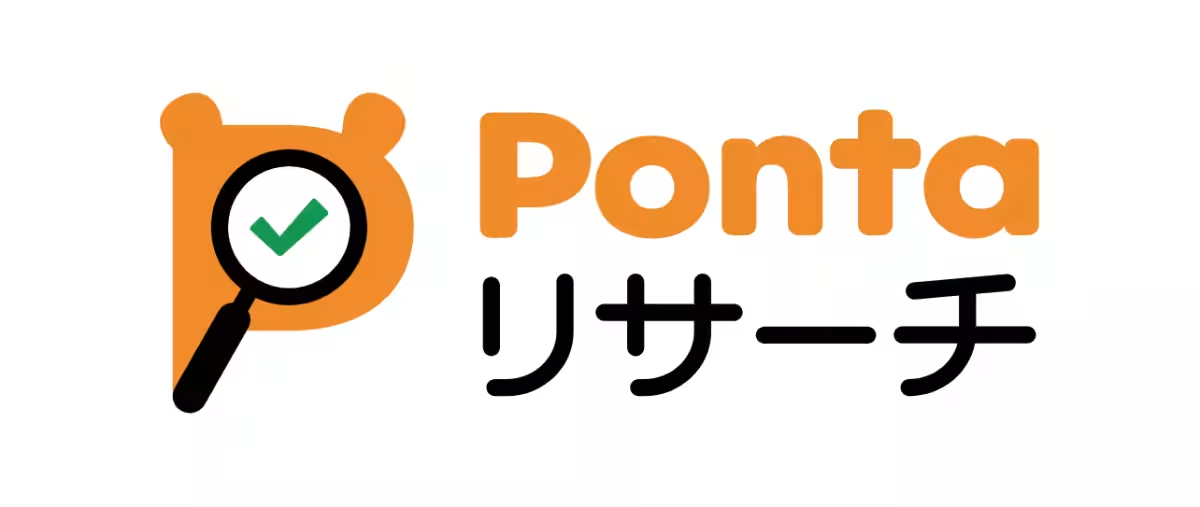

The Latest Trends in Consumer Spending: Insights from the 62nd Ponta Consumption Awareness Survey
Discovering Consumer Trends: Insights from the 62nd Ponta Consumption Awareness Survey
In a rapidly changing economic landscape, understanding consumer behavior is pivotal for businesses. The 62nd Ponta Consumption Awareness Survey, conducted by Loyalty Marketing Co., Ltd. from May 24 to May 26, 2025, sheds light on how consumers plan to utilize their summer bonuses. This annual survey has been pivotal in tracking shifts in consumer spending habits and attitudes toward savings.
Key Findings on Summer Bonus Utilization
Highlighting the primary focus of the survey, the utilization of summer bonuses showcases a continuing trend in consumer saving habits. For the 12th consecutive year, savings and deposits have topped the list as the most common allocation for summer bonuses, despite a slight decline of 1.0 percentage point to 32.4%. This decrease marks the lowest figure recorded in recent years, indicating a potential shift in consumer spending behavior amidst economic uncertainties.
Conversely, nearly 50% of respondents anticipate an increase in their summer bonus amounts, with a noticeable uptick in the 40,000–80,000 yen range. This optimism in bonus amounts reflects a complex interplay between consumer expectations and broader economic conditions, potentially driving various spending behaviors.
Savings Intentions and Their Reasons
The survey dive deeper into the intentions behind savings, revealing that 54.8% of respondents wish to save over half of their bonuses. A significant portion, around 70%, expressed the need to prepare financially for retirement. However, not all respondents are inclined to save; approximately 30% plan to allocate their bonuses towards essential living expenses and daily expenditures. This underscores the ongoing challenges faced by consumers in balancing savings with immediate financial needs.
The Shift Toward Saving Mindsets
The survey also explored consumer sentiments regarding saving, with 60.5% of participants expressing a desire to cut down on expenses, albeit a decrease of 6.3 percentage points from previous surveys. Interestingly, many expressed a lack of specific reasons for wanting to save, hinting at a more casual or indifferent approach to their financial management.
Despite an increasing hesitation towards saving, the desire to maintain expenses rose, suggesting that many consumers are finding their current financial situations increasingly challenging. As various factors influence these sentiments, understanding the root causes becomes essential for retailers and service providers alike.
Loyalty Programs and Savings Mindset
Additionally, the survey gauges the intent behind utilizing loyalty points and discounts. While 42.5% of respondents who don’t wish to save expressed uncertainty regarding spending points, 45.1% of those wanting to save reported wanting to utilize points immediately. This disparity highlights that consumers with saving intentions are more proactive in leveraging loyalty programs, potentially seeking to maximize value from their bonuses.
Conclusion
The 62nd Ponta Consumption Awareness Survey provides invaluable insights into evolving consumer attitudes toward spending and saving. While savings remain a priority for many, the declining percentage of those choosing to save their summer bonuses poses new challenges and opportunities for businesses to engage with consumers effectively. Balancing the immediate demands of living expenses with the need for future savings is key, and companies can leverage these insights to tailor their offerings in a way that resonates with today’s consumers.
As economic conditions continue to fluctuate, regular assessments through surveys like these will be critical for understanding ongoing trends and shifts in consumer behavior.
Survey Methodology
- - Type of Survey: Internet-based survey
- - Survey Period: May 24-26, 2025
- - Target Group: Members of Ponta Research (registered members)
- - Respondents: 3,000 individuals, sampled across gender and age groups (20s to 60s and above)
Note: For any media usage of this data, please credit it as “Based on Ponta Research findings.” Detailed results can be accessed through provided PDF materials.

Topics Consumer Products & Retail)










【About Using Articles】
You can freely use the title and article content by linking to the page where the article is posted.
※ Images cannot be used.
【About Links】
Links are free to use.